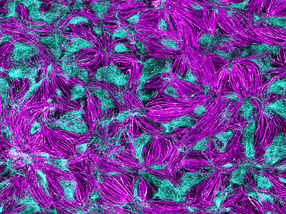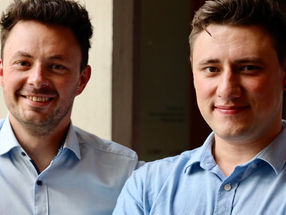Minervax initiates phase I clinical trial with Group B Streptococcal vaccine
MinervaX, a privately held Danish biotech company, announced that the company has initiated a Phase I clinical trial with its Group B Streptococcal (GBS) vaccine candidate, GBS-NN, targeting pregnant women for the prevention of life-threatening infections in newborns.
GBS is responsible for 50% of life-threatening infections in newborns and affects 0.5-3 in 1,000 such babies, depending on the geographical region. At any given time, some 15-25% of women are spontaneously colonized with GBS, and they run the risk of transmitting the bacteria both to their child in the womb, during birth and during the first months of life. GBS infection in the unborn child may lead to premature delivery or stillbirth, and GBS infection in the newborn child may result in sepsis, pneumonia or meningitis, all of which carry a significant risk of severe morbidity, long-term disability or death. Annually, GBS is responsible for some 8,000 infections in newborns, 800 deaths and 1,000 life-long disabilities in Europe and US.
The development of an efficacious GBS vaccine for maternal immunization capable of reducing this wide-spread use of antibiotic prophylaxis in birthing women and preventing more GBS infections both of early and late onset therefore addresses two significant medical needs. The annual market size for a GBS vaccine is expected to exceed 1 billion USD in Europe and US combined.
The Phase I trial will enroll up to 310 healthy adult women in two parts. Part A will enroll up to 70 women to investigate safety and initial dose-escalation and Part B will enroll up to 240 women to further evaluate safety and confirm dose and regimen. The trial will take place in Belfast, Northern Ireland. In addition to important safety data, the trial will provide information towards defining an optimal dose and schedule for the vaccine as well as response rates, magnitude and duration of the immune response. Exploratory endpoints will include an assessment of the vaccine’s potential ability to protect women against spontaneous vaginal colonization with GBS and provide preliminary data on the breadth of coverage of the vaccine (ability to neutralize different isolates of GBS).
Most read news
Other news from the department research and development

Get the life science industry in your inbox
From now on, don't miss a thing: Our newsletter for biotechnology, pharma and life sciences brings you up to date every Tuesday and Thursday. The latest industry news, product highlights and innovations - compact and easy to understand in your inbox. Researched by us so you don't have to.
























































